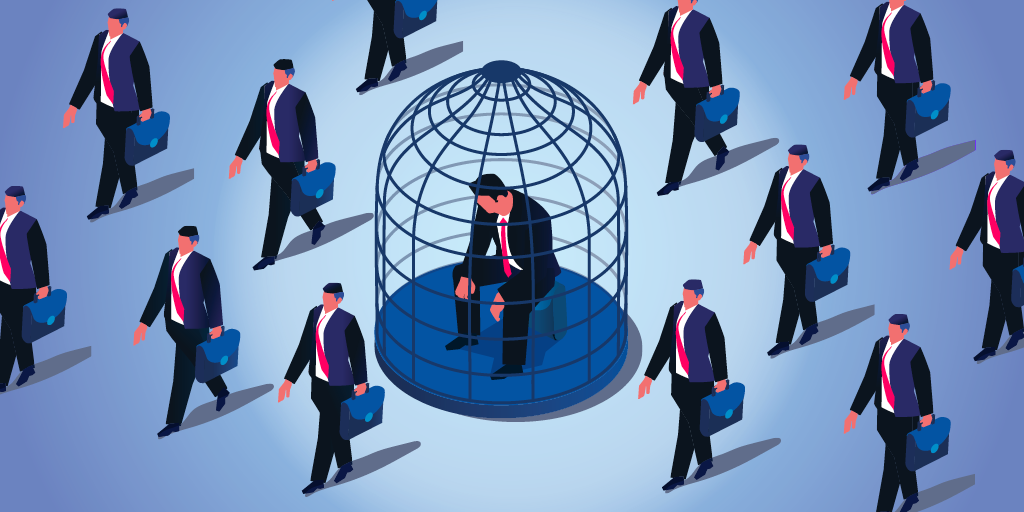NEW Workshop Blog

Which isn’t good.
When you’re feeling overwhelmed, there’s a number of strategies you need to put in place to help you feel on top of work again. But before you even get to implementing those strategies, and perhaps before you even recognise that you are overwhelmed, there’s likely a number of mistakes you’ll be making at work.
It’s critical to recognise that you are making these mistakes, so you can take the steps you need to feel less overwhelmed and perform better.
- You refuse to let anyone help you
Do you recognise this situation: You’ve worked long and hard on a new initiative, perhaps it’s a sustainability initiative or a new RFP process. It’s nearly finished, you’ve been working long hours, and you’re exhausted.
Your caring colleagues kindly offer to help out, as does your manager. But you can’t relinquish control; not at this point. So, you continue to soldier on, all on your own.
If someone around you is actively offering to help you, it’s likely because they’ve recognised you need (or would benefit from) their help. Pushing them away can quickly lead to overwhelm, but recognising you’re doing this is a great first step in avoiding it.
- You become increasingly self-critical
When we’ve invested a lot into something at work, most of us want it to be perfect. However, with this desire often comes self-doubt (similar, in a way, to imposter syndrome), where we begin to wonder whether what we have done is enough…and become increasingly self-critical as a result.
Say, for example, you’ve extensively prepared for a negotiation with a powerful supplier, and your manager feels you’ve done everything you need to do the day before. But, instead of prioritising other things, you spend your time scrutinising your preparation, because you’re sure that there’s something you must have missed, and you’re certain things will go wrong.
Feeling self-critical in this way is a sure-fire sign you’re overwhelmed and need to take a step back before it’s too late.
- You become defensive
When we are beginning to feel stressed, we become less flexible and adaptable because we have less emotional and intellectual bandwidth to consider options. When we start to feel this way, we become hyper aware of those around us, and may perceive comments or offers of help as an attack.
Imagine if you’d worked for months to secure the very best supplier for your organisation, and you were in the final stages of the contract process. Out of the blue, someone from the legal team says she’s ‘heard things’ about this supplier, and that she’s a little wary.
If you’re on the path to overwhelm, you might try to probe further. But if you’re feeling stressed, your first reaction might be to dismiss or diminish what your colleague has said, so as to move the process